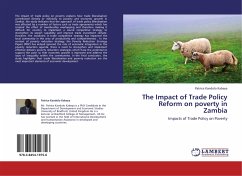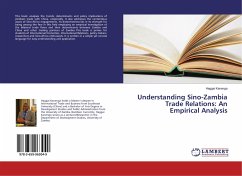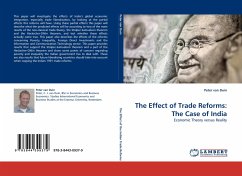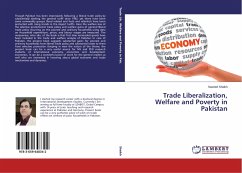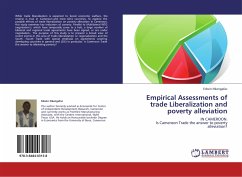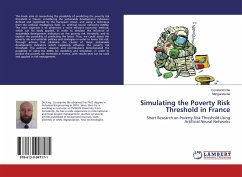The impact of trade policy on poverty explains how trade liberalisation contributed directly or indirectly to poverty and economic growth in Zambia. the study indicates that the approach of trade policy liberalisation was affected by a number of factors such as trade agreements which has created the effect of membership overlapping and therefore making it difficult for country to implement a sound competitive strategy to strengthen its export capability and improve trade investment climate. However, the weakness in trade competitive strategy has impacted the local community in the area of productivity and competitiveness . In the context of poverty reduction strategy, the Poverty Reduction Strategy Paper( PRSP) has indeed ignored the role of economic integration in the poverty reduction agenda, there is need to strengthen and implement effective delivery poverty reduction strategies which have the potential to support the poor so that economic growth is improved and address the issue of inequality within the communities. In the final conclusion, the study highlights that trade liberalisation and poverty reduction are the most important elements of economic development.
Bitte wählen Sie Ihr Anliegen aus.
Rechnungen
Retourenschein anfordern
Bestellstatus
Storno

